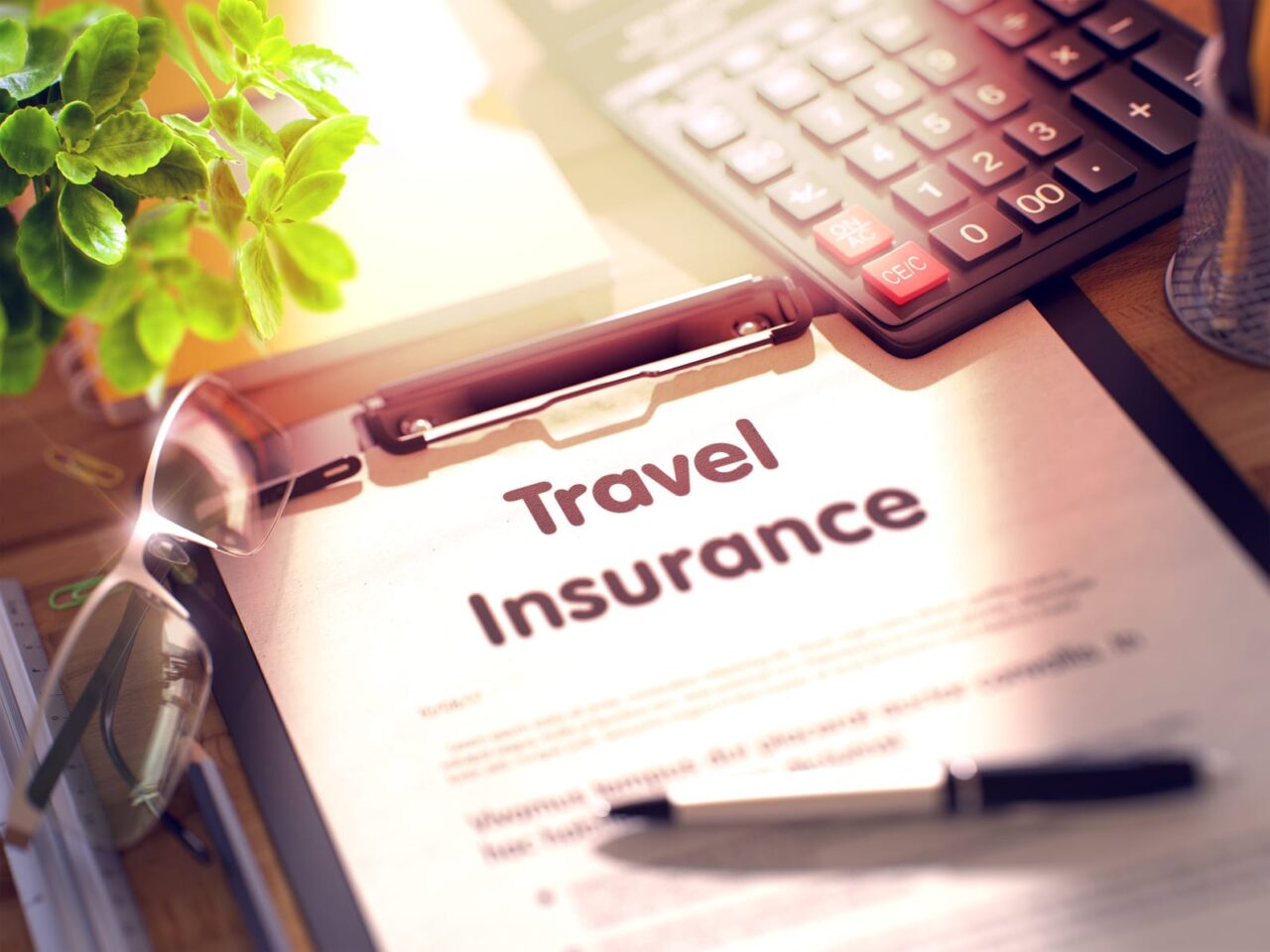Is It Necessary to Buy Travel Insurance?

What is Travel Insurance?
Travel insurance covers trip cancellations and interruptions, lost luggage, and accidents or illnesses while traveling domestically or abroad.
The coverage is by the day (number of days of your trip). Limits, deductibles and co-insurances vary by provider.
There are two basic types of travel insurance: packages plans, which range from bare-bones to comprehensive cancel-for-any reason coverage; and travel medical plans. Within those basic categories there are a host of specialized products that insure cruises, affinity groups, baggage protection, business trips, evacuation, hurricane disruption, flight accident, accidental death and annual plans to name a few.
Before you get it, you should take 3 things into consideration:
Gravity of the trip.Probability of cancellation.Probability of member needing medical attention.
Getting the right coverage will help you save thousands of dollars and give you peace of mind when you either travel alone or with family members.
Should You Buy Travel Insurance?
1.Check the policies you already have.
For example, your homeowner’s insurance may cover lost baggage or a stolen camera. Your health insurance probably will take care of emergency medical services when you’re away from home and out of network. Note, however, the Medicare generally does not pay for medical services received outside the U.S. If you’re renting a car, your auto policy or even the credit card you use may take care of that coverage. If you’re not sure, call your agent or insurer to see what is and isn’t covered.
2.Choose your coverage options.
There are a variety of coverage options ranging from basic to comprehensive. Depending on your needs, it can be purchased for a single trip, multiple trips or on an annual basis. The Insurance Information Institute divides available options into four broad categories:
Trip cancellation or trip interruption insurance returns your money or a portion of it if plans change. That could include you deciding not to take the trip or the tour operator canceling it for lack of interest or because the tour company has gone belly up. Read the fine print for conditions and exclusions.Insurance for loss or damage of personal belongs pays you if your baggage or personal effects (camera, wallet, etc.) are lost, stolen or ruined.Emergency medical aide covers the cost of health care and emergency evacuation if you become sick or are injured while traveling outside of the U.S.Accidental death pays the designated beneficiary a lump sum of cash if you or a covered family member dies while traveling.
If you’re going to spend the money on travel insurance, make sure it covers all the eventualities. Your travel policy should protect your health, cover trip cancellation or interruption, emergency dental and medical services including hospitalization and transportation, accidents, stolen or delayed baggage, travel schedule delays and missed transfers, and accidental death. There should be a 24-hour phone number you call with any questions or claims. Test it a couple of times before you leave to make sure there’s a human being on the other end.
3.Check travel insurance scams.
You should also be on the lookout for travel insurance scams. Stick to reputable firms and check consumer sites or the BBB for reviews and complaints. If you’re still not sure, contact your state’s insurance commission to see if the insurer is licensed and the policy offered is legal. Be wary of anything touted as a travel protection plan; it probably won’t offer the same level of coverage as travel insurance. Is the insurer backed by a regulated underwriter? You can find out by running the insurer’s name.
If you want to learn more regarding travel insurance, check our article Do I Need Travel Insurance If I Have Health Insurance?
Dale Q. Williams, MBA, is a well-respected financial executive whose experience spans from insurance to investment banking. Dale has first hand underwriting experience through working for one of the largest U.S. based insurance carriers, and advisory experience from working for several bulge-bracket and middle-market investment banks. Dale also received his MBA from University of Chicago Booth School of Business, with concentrations in finance and accounting.







